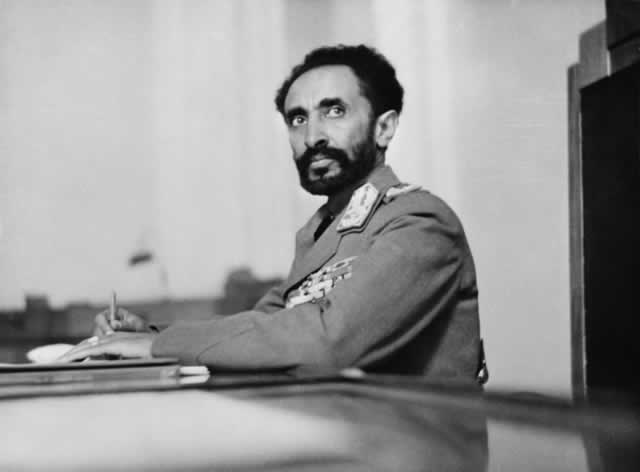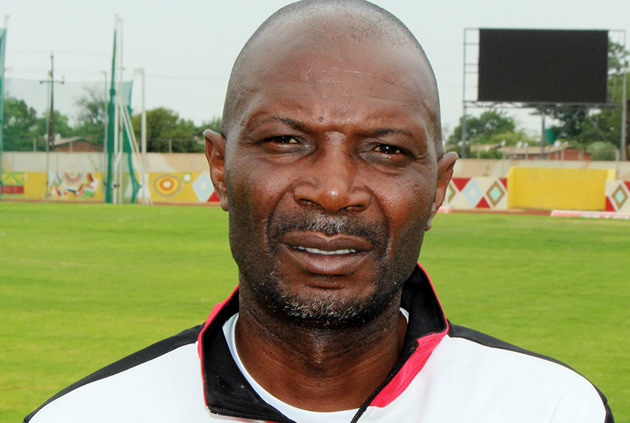Editorial Comment: Let’s celebrate with Africa goals in mind

Zimbabwe today joins the rest of the African continent in commemorating the 53rd anniversary of Africa Day.
This is a very important moment for the mother continent as it marks the birth of the Organisation of African Unity on 25 May 1963 in Addis Ababa, Ethiopia, a union that was geared towards the decolonisation of Africa.
Today 53 years ago, leaders of 30 of the 32 African countries that had gained independence signed the founding charter of the OAU. Twenty eight years later, the continental body set up an African Economic Community. In 2002, the successor organisation of the OAU, the African Union was established.
In appending their signatures to the founding document of the OAU, the 30 leaders committed themselves to working together to liberate the 20 or so countries that were still under colonial bondage, mainly from European settlers.
Apart from harnessing their diplomatic skills to help the then colonised negotiate for independence, the 30 icons also mobilised weapons to add some steel to the liberation agenda, in case dialogue failed.
They also welcomed nationalists from countries such as Angola, Mozambique, Zimbabwe, Namibia and South Africa that had not gained freedom, giving them the space to train and organise themselves to fight against the colonial masters.
That, indeed was a huge sacrifice by the likes of Kwame Nkrumah (Ghana), Haile Selassie (Ethiopia), Jomo Kenyatta (Kenya), Ahmed Ben Bella (Algeria), Gamal Abdel Nasser (Egypt), Sekou Toure (Guinea), Modiba Keita (Mali), King Hassan (Morocco), Leopold Sedar Senghor (Senegal) and Julius Nyerere (Tanzania). Tanzania hosted the African Liberation Committee, that co-ordinated strategies to free the continent.
By offering so much support for the nationalists, the selfless leaders and their people exposed themselves to military attacks and propaganda mounted by the colonial regimes. thousands died as a result of the military raids, while economies in newly-liberated states suffered as well. That, however, did nothing to deter them from contributing to the liberation of their brothers and sisters on the continent. The decolonisation mission was accomplished in 1994 when South Africa attained freedom.
Indeed Africa is now free from colonialism but we will not be naïve to ‘beat our chests’ declaring that all that must be done to achieve the holistic independence the continent needs, has been achieved.
A few countries in West Africa remain under some control from Paris, as France still exercises a measure of influence on them. In addition, much of Africa remains economically dependent on the former colonial masters. Both situations are undesirable as they impair that sense of freedom that was the agenda of the May 25, 1963 august gathering in Addis Ababa. Nyerere, Nkrumah, Kenyatta, Nasser, Toure and their contemporaries sought a continent that was totally free from the much hated Western influence.
Many African economies remain at the primary stage where they produce raw minerals and agricultural produce which they sell to Europe and America at low prices and, most sadly, they import as expensive, value-added products later on. This is an impoverishing model of African economies from which they must liberate themselves.
African economies are still largely disconnected from each other, but remain well-linked to the former colonial masters. Intra-Africa trade is low as well yet more trade and investment on the continent is more beneficial in terms of retaining value and promoting integration.
The continent, because its economy remains poorly developed, continues to lose its best brains to sounder and better paying economies in the West.
African governments spend millions training personnel, which however soon migrates abroad where working conditions are better and salaries far higher. This is a massive impediment to socio-economic development and growth for the continent is always in training mode, losing its workforce all the time.
Another challenge the continent is still grappling with is with regards to peace and security. Indeed there is a huge difference when compared with the situation some 20 years ago, but the insecurity, at varying degrees in South Sudan, Nigeria, Libya and a few other countries is worrisome, for development and insecurity are incompatible.
We must, however, note progress in countries working to add value to their minerals and farm produce, with more work towards greater economic co-operation from the foundation of regional economic communities like Sadc, Ecowas and Comesa.
The African Union has the Agenda 2063, a roadmap that emphasises the importance to success of rekindling the passion for Pan-Africanism, a sense of unity, self-reliance, integration and solidarity.
Yes there are gaps here and there, but with this vision, we are confident that a proud, economically and socially prosperous, secure and peaceful Africa is upon us.









Comments